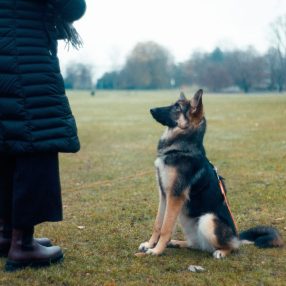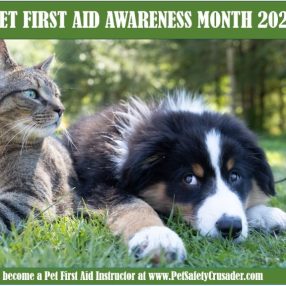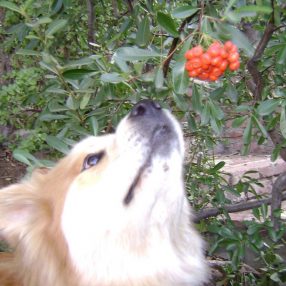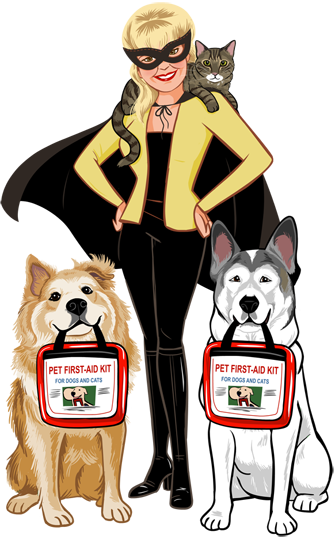
Choosing to give a rescue dog a new home is an incredibly rewarding and exciting experience, but it can be daunting if you do not know where to start. Here are a few top tips to help give your new furry friend a fresh start in life!
Do Your Research
Animal shelters are full of adorable dogs. Before you go rushing out and looking for your forever friend, make sure you research what type of dog will best fit your lifestyle. Consider the size of your home, whether you have children living with you, other pets, how much time you have to devote to walking and exercising your new friend, and your budget. Remember that once you commit to taking care of a four-legged family member, it should be for the life of that dog, so it is important to choose a dog that will be a good fit for you.
Training and Behavior
Some dogs end up at the shelter due to the circumstances of their owners, rather than their behavior. Situations like moving, changing jobs, and the like, may result in owners not being able to take care of their dogs anymore. This is very sad and should never happen. When you adopt, no matter what life throws your way, a dog is a precious being who depends on you.
All new dogs need adjustment and training. Allow your new dog time to adjust, get familiar with you, your routine and lifestyle. Provide training but be patient. Whether your choose a purebred puppy or a senior rescue, it is also possible that your new rescue may have behavioral issues, often because his previous family deserted him. If you adopt a dog that has behavioral problems, be patient and consistent so that he can relax and destress. Consulting a professional
dog trainer could help you both.
What You Will Need
Be aware of what you need and any costs that may arise. Just like with humans, there is always something unexpected, so budget for it! Ensure that you have dog supplies at home even before you new pet arrives. It will help him to feel more comfortable in his new home. Your new dog will need food & water and bowls to consume them from, toys, collar with an ID tag or harness and leash and as well as poop bags for your walks. Make sure
that you provide your pup with plenty of opportunities to go outside for bathroom breaks and exercise. You will need to get a bed for your new dog, and a crate if you need one. You should also plan a vet check-up and keep veterinary records handy.
Other things you might need are grooming supplies, training pads, and an enzymatic cleaner, just in case you need it during the training period while your dog is still adjusting. Ensure that you account for the additional costs of owning your new dog too, such as vet bills. Other costs that can arise are pet insurance, groomer visits, and more – so do your research. If you are looking for a pet insurance, you can visit a provider such as Petsure Insurance for more information.
What to Do on the First Day
When you get your new dog, it is likely he will be stressed and nervous, not knowing who you are or where you are taking him. It may be experiencing a fear of the unknown. Take a walk together in the neighborhood and get your pup familiar with where he will be living and taken out frequently. If you have other pets, it’s important you introduce them properly so that no trouble will arise.
When your dog arrives in your home, give him space to settle in. Always be kind to and patient with your dog. Give loving pets but also give him his space until he acclimates to his new surroundings. Do not excessively stroke and cuddle him as your pet may not be comfortable with that and may even become defensive. If you have children, ensure that you explain this to them as well and tell them to never disturb a dog while he is eating or sleeping, to never pull ears, tail or hit the dog, NEVER! Keep a quiet environment at home, and do not invite friends or family until your pet has adjusted to the family and reach out to your veterinarian, professional pet sitter or dog trainer if you need any assistance in getting your dog off on the right paw!










